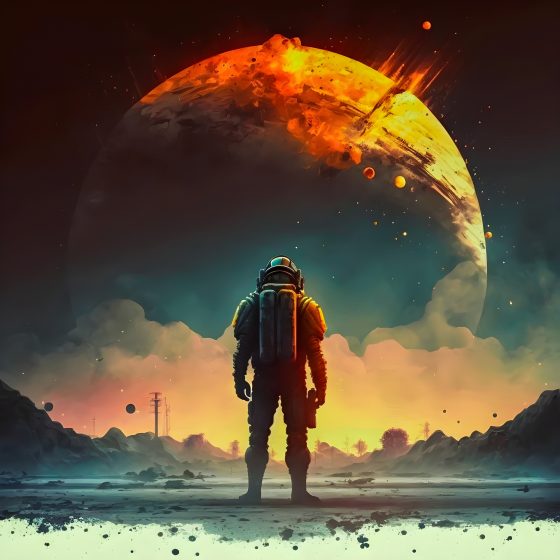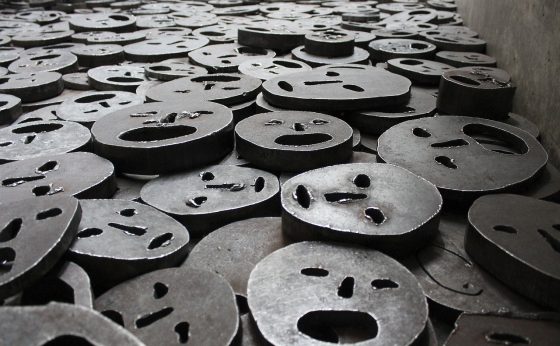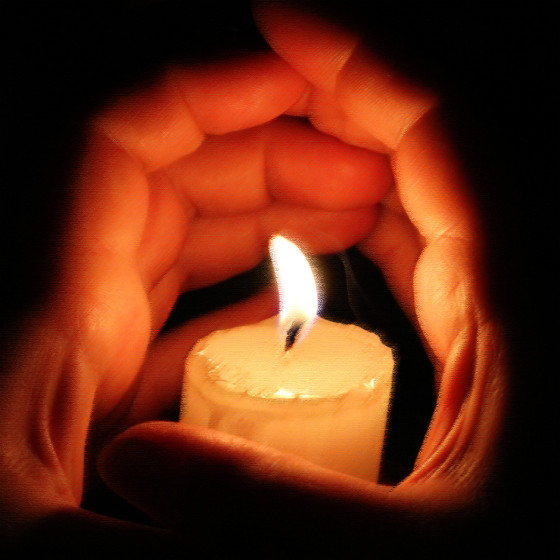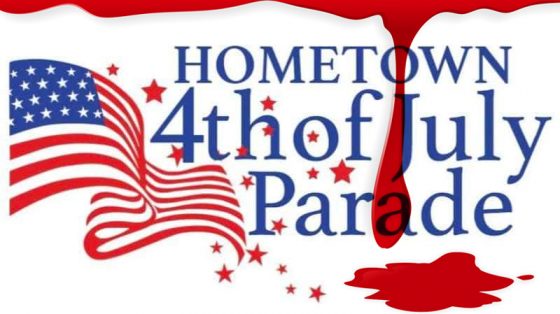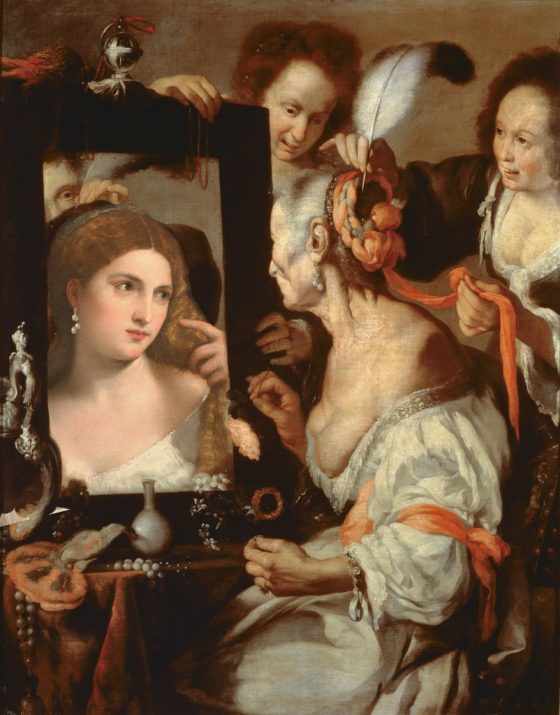
There is a whole genre of coming-of-age stories — stories that describe a transition from childhood to adulthood. The transition could be fast, forced by some external events, or painfully slow. And sometimes, it might not happen at all — we all know people who we charitably describe as having “arrested development” issues. This is how Wikipedia defines the coming-of-age genre, too, adding: “Coming-of-age stories tend to emphasize dialogue or internal monologue over action, and are often set in the past. The subjects of coming-of-age stories are typically teenagers.” But is it correct to place teenagers as protagonists in coming-of-age books? In Victorian times (1937 to 1901), the female protagonists used to be about fifteen or sixteen — girls of marriageable age! For these children, coming-of-age meant going directly from playing with dolls and right into a marriage bed. Boys were perhaps a bit older, 17, their swords changed from wood to metal over the telling of their coming-of-age stories. Think of The Vicomte De Bragelonne or The Count of Monte Cristo, written in 1847 and 1844, respectively. The young count and Edmond were just teenagers when their stories got started. Edmond got to live to be an old man.…
Read more →
